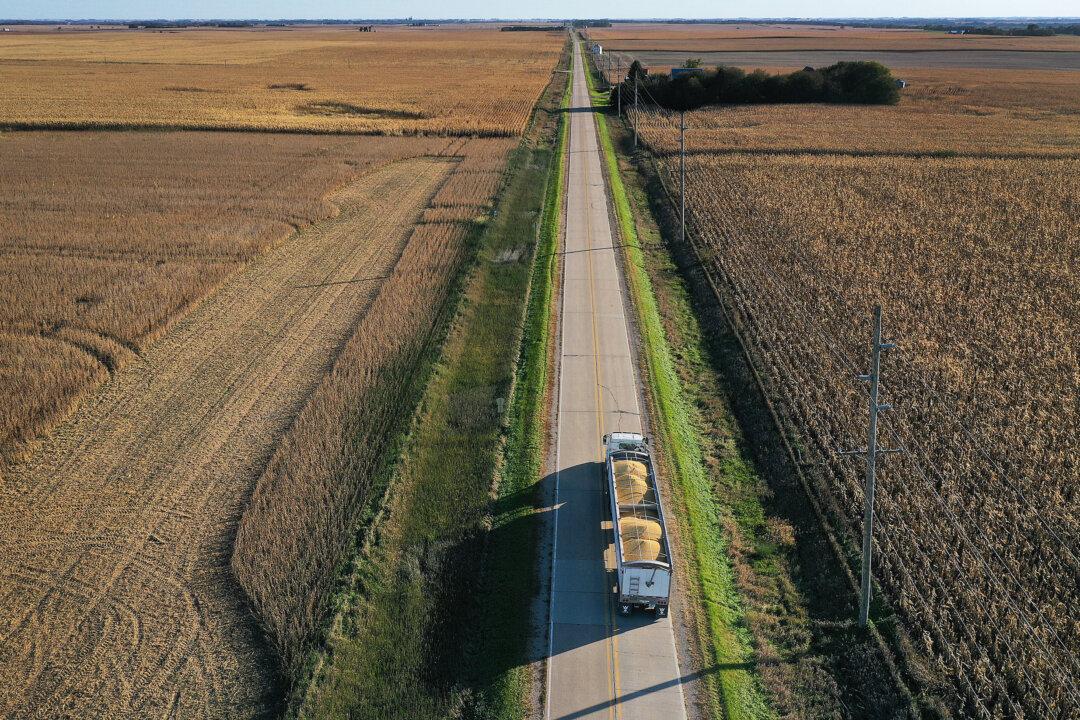A bipartisan proposal introduced in the U.S. House on May 17 aims to block Chinese Communist Party (CCP) affiliates from taking hold of U.S. farmland, adding to the growing bipartisan push in Congress to counter threats from the regime in Beijing.
The legislation from Reps. Dale Strong (R-Ala.) and Abigail Spanberger (D-Va.), titled “Protecting America’s Agricultural Land from Foreign Harm Act,” would bar individuals associated with the Chinese regime and other foreign adversaries from buying or leasing U.S. farmland.





